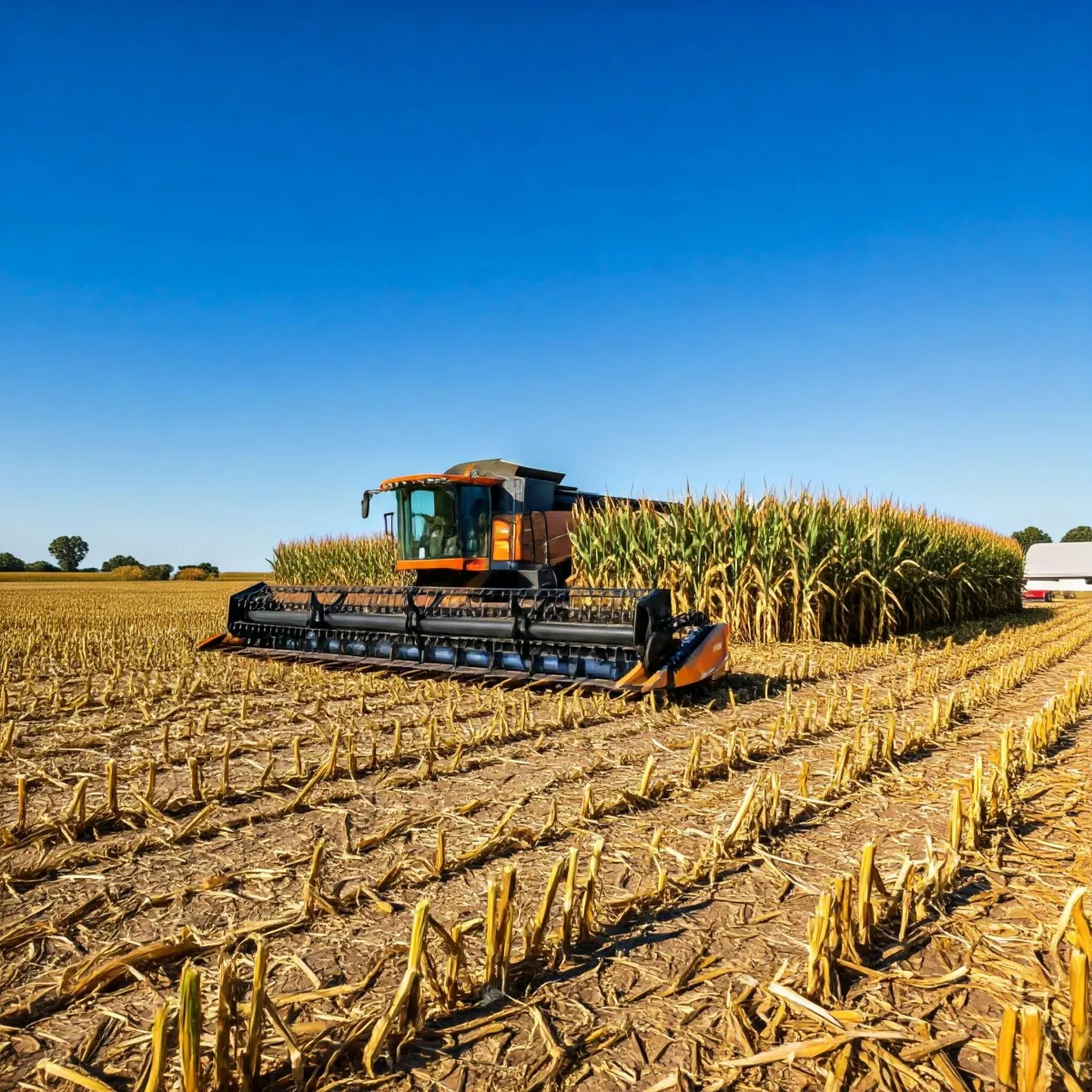
A Comprehensive Guide to Selling Iowa Land in a Trust
Selling land held in a trust in Iowa can be a nuanced process, requiring a deep understanding of legal and financial frameworks as well as strategic marketing techniques. Iowa, known for its fertile farmland, has around 30.6 million acres designated for agriculture, a testament to its rich agricultural heritage. As of 2023, the average value of Iowa farmland reached $11,411 per acre, highlighting the importance of informed decision-making in land transactions.
Understanding Iowa Land Trusts
A land trust is a legal arrangement in which a trustee holds title to real property on behalf of beneficiaries. This structure can provide advantages such as privacy, estate planning benefits, and potential tax deductions. In Iowa, various types of trusts may hold land, including:
1. Revocable Living Trusts
2. Irrevocable Trusts
3. Testamentary Trusts
4. Charitable Trusts
Each type of trust has its own rules affecting the sale of land, requiring thorough understanding and legal consultation to navigate.
Steps to Sell Iowa Land in a Trust
**1. Review the Trust Document**
Begin by reading the trust document closely. Ensure you understand the rights and responsibilities outlined therein:
- Authority of the trustee to sell property
- Restrictions on pricing and sale conditions
- Required approvals from beneficiaries
**2. Obtain Necessary Approvals**
You may need formal consent from co-trustees and beneficiaries or even court approval, depending on the terms of the trust. Early approvals can prevent complications later on.
**3. Assess Property Value**
Determining a fair market price is vital. Utilize multiple methods for valuation:
- Professional appraisal
- Comparative market analysis
- Consultations with real estate experts in Iowa
**4. Prepare the Property for Sale**
Get the land ready for prospective buyers by conducting surveys, addressing environmental concerns, and enhancing access roads if necessary.
**5. Implement a Marketing Strategy**
To attract buyers efficiently, consider these approaches:
- List with experienced real estate agents
- Utilize online platforms focused on land sales
- Utilize social media and targeted ads
Selling vacant land may take longer than selling residential properties, often ranging from 1 to 2 years. Prepare accordingly.
**6. Navigate Negotiations**
Once offers are received, review them critically with the help of your attorney and beneficiaries. Important factors include:
- Offered price
- Contingencies
- Closing timelines
Companies like Landforcashmoney.com offer cash deals, which can simplify the process — although these may be below full market value.
**7. Complete Due Diligence**
During the buyer’s due diligence process, prepare to provide necessary documentation such as:
- Title searches
- Environmental assessments
- Zoning verification
**8. Finalize the Sale**
Once conditions are met and approvals secured, close the sale by executing a purchase agreement and transferring the deed from the trust to the buyer. Ensure proceeds are distributed as per the trust conditions.
Special Considerations
When selling agricultural land in Iowa, be aware of specific regulations, especially concerning foreign ownership. If the property has conservation easements, be transparent about any restrictions that may affect its desirability. Additionally, consult a tax professional regarding potential capital gains taxes to understand the financial implications of the sale.
Alternatives to Traditional Sales
If traditional sales seem daunting, consider these alternatives:
- Cash Buyers: Companies like Landforcashmoney.com can purchase land for cash, offering a quick, hassle-free option, especially if rapid asset liquidation is essential.
- Auctions: This method can capture interest and potentially garner higher bids but requires thorough planning and marketing.
- Owner Financing: This can draw in more buyers but comes with risks that necessitate careful consideration.
Conclusion
Selling Iowa land held in a trust is a multifaceted process involving legal intricacies and market strategies. Familiarizing yourself with your trust's structure, the local land landscape, and effective selling options will pave the way for a successful transaction. Whether you opt for a traditional sale, partnership with a cash buyer like Landforcashmoney.com, or explore alternative methods, ensure that you align your approach with the trust's goals.
Each situation is unique, so always consult with legal, financial, and real estate experts to make informed decisions. With careful strategy and professional guidance, you can achieve your financial goals when selling Iowa trust land.



